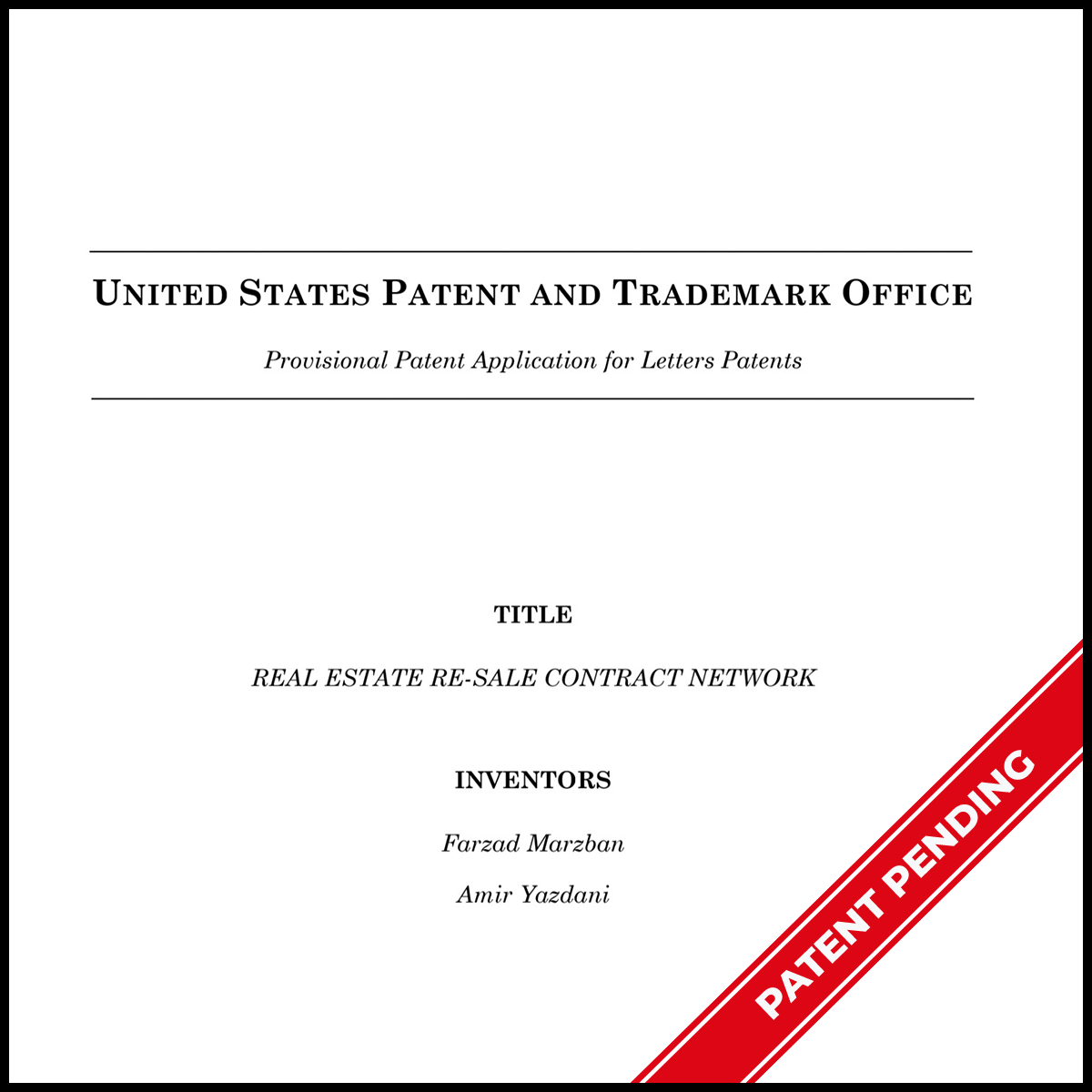Unlocking the Future of Real Estate: A Comprehensive Guide to NFTs
NFTs (Non-Fungible Tokens) are becoming increasingly popular in various industries, including real estate. As digital assets that represent ownership of unique items or properties, NFTs offer a new way to transact and trade in the real estate market. Understanding how NFTs work and their potential benefits in real estate can provide valuable insights for both buyers and sellers in the industry.
Understanding NFTs in Real Estate
Non-fungible tokens (NFTs) are unique digital assets that represent ownership of real-world properties. In the context of real estate, NFTs provide a secure and transparent way to transfer ownership of properties, offering benefits such as fractional ownership and increased liquidity in the market.
Creating NFTs for Real Estate Assets
Creating Non-Fungible Tokens (NFTs) for real estate assets involves digitizing ownership of physical properties and representing them as unique digital tokens on blockchain networks. The process begins by selecting a property to tokenize, which can range from residential homes to commercial buildings.
Factors to consider when creating NFTs for real estate assets include the property’s value, location, and legal aspects. Each NFT is backed by the property’s information, such as ownership documents, photographs, and any other relevant data. Smart contracts are then used to ensure the authenticity and security of the NFT.
By tokenizing real estate assets, property owners can increase liquidity, fractionalize ownership, and access a global pool of investors. NFTs also offer transparency, immutability, and traceability in property transactions, reducing the risk of fraud and enhancing trust among stakeholders.
As the real estate industry continues to evolve, the creation of NFTs for property assets presents exciting opportunities for innovation, investment, and growth.
Utilizing NFTs for Property Marketing
Utilizing NFTs (Non-Fungible Tokens) for property marketing can revolutionize the way real estate assets are promoted and sold. By leveraging NFTs, real estate agents and sellers can create unique digital assets that represent properties in a one-of-a-kind manner.
These digital tokens can showcase properties in a visually appealing and interactive way, attracting potential buyers who are looking for innovative and exclusive ways to explore real estate listings. NFTs can include detailed property information, high-resolution images, virtual tours, and even 3D models, providing a comprehensive view of the property to interested buyers.
Additionally, NFTs can be used to create limited edition digital collectibles of properties, generating buzz and excitement around real estate listings. By tapping into the growing interest in digital assets and blockchain technology, real estate professionals can differentiate their properties in a crowded market and reach a broader audience of tech-savvy buyers.
Tokenization of Real Estate Assets with NFTs
Tokenization in real estate refers to the process of converting physical assets, such as properties, into digital tokens on a blockchain network. Non-fungible tokens (NFTs) are revolutionizing the real estate industry by offering a unique and secure way to represent ownership of real estate assets.
By tokenizing real estate assets with NFTs, property owners can divide their properties into smaller, more manageable units, making it easier for investors to participate in real estate ownership. This fractional ownership model allows investors to purchase tokens representing a fraction of a property, enabling them to diversify their real estate portfolios without the need for significant capital.
One of the key advantages of using NFTs for tokenization is the increased liquidity and accessibility it provides to real estate investments. Investors can easily buy, sell, and trade real estate tokens on blockchain platforms, eliminating the traditional barriers to entry in the real estate market.
As NFTs continue to gain popularity in the real estate sector, the tokenization of real estate assets with NFTs is expected to open up new investment opportunities and transform the way properties are bought, sold, and managed in the future.
NFTs as a Medium of Exchange in Real Estate
Non-fungible tokens (NFTs) are revolutionizing the real estate industry by serving as a unique medium of exchange in property transactions. By utilizing NFTs, buyers and sellers can streamline the process of buying and selling real estate assets. NFTs represent ownership rights to specific properties, allowing for seamless transfers of ownership without the need for traditional paperwork.
One of the key advantages of using NFTs in real estate transactions is the enhanced security and transparency they offer. NFTs are built on blockchain technology, providing a secure and immutable record of property ownership. This eliminates the risk of fraud or disputes over ownership, ensuring a smooth and trustless exchange of real estate assets.
Furthermore, NFTs can simplify the process of property buying and selling by reducing the need for intermediaries and paperwork. With NFTs, transactions can be completed faster and more efficiently, saving both time and resources for all parties involved. As the real estate industry continues to evolve, embracing NFTs as a medium of exchange can lead to increased efficiency and transparency in property transactions.
Challenges and Limitations of NFTs in Real Estate
Despite the potential advantages, integrating NFTs (non-fungible tokens) into the real estate industry comes with its fair share of challenges. One of the primary concerns is the legal and regulatory framework surrounding NFTs in real estate transactions. As this technology is relatively new, there are still uncertainties regarding ownership rights, transferability, and dispute resolution when using NFTs for property transactions.
Another challenge is the scalability of NFTs in the real estate market. Currently, NFTs are more commonly associated with digital art and collectibles, rather than physical assets like real estate properties. Adapting the concept of NFTs to large-scale real estate transactions may require significant infrastructure and technological advancements to ensure seamless and secure transactions.
Moreover, the volatile nature of cryptocurrency prices, which are often used to purchase NFTs, can pose risks to both buyers and sellers in real estate transactions. Fluctuations in cryptocurrency values can impact the overall cost and profitability of using NFTs in property transactions, adding another layer of complexity to the process.
As the real estate industry continues to evolve, the utilization of NFTs (non-fungible tokens) is emerging as a game-changer in property transactions. NFTs are revolutionizing the way real estate assets are tokenized, offering a unique and secure method of exchange in the market.
By incorporating NFTs into real estate transactions, buyers and sellers can streamline the buying and selling process, making it more efficient and transparent. NFTs serve as a digital representation of ownership for a particular property, ensuring secure and verifiable transactions.
One of the key advantages of using NFTs in real estate is the ease of transferability and fractional ownership. With NFTs, investors can easily buy and sell fractions of a property, enabling a wider pool of potential buyers and increasing liquidity in the market.
As the real estate industry continues to adopt digital technologies, the use of NFTs as a medium of exchange is poised to revolutionize property transactions. By embracing NFTs in real estate, industry players can unlock new opportunities for growth and innovation in the market.





